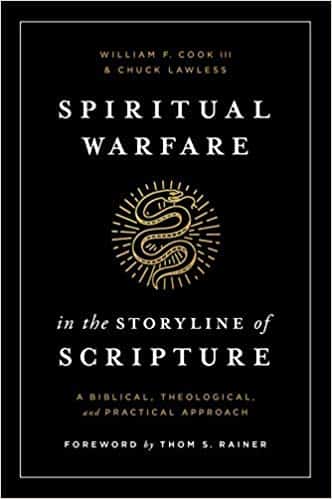Categories: Articles (EMQ), EMQ, Section
Related Articles
Who Makes it Rain?
The Bible is the final authority on all spiritual matters.
A Critical Look at a New ‘Key’ to Evangelization
A new theology of the unseen world is making a huge impact on strategies for world missions and evangelization.
A Critical Look at a New ‘Key’ to Evangelization
A new theology of the unseen world is making a huge impact on strategies for world missions and evangelization.
Spiritual Warfare in the Storyline of Scripture: A Biblical, Theological, and Practical Approach
Seminary professors Bill Cook and Chuck Lawless provide a comprehensive study of a topic that is of key importance in the life of every believer.
From Unhealthy Dependency To Local Sustainability
Presented by: Jean A. Johnson, Executive Director of Five Stones Global Description: It takes a great amount of intentionality to create a culture of dignity,…


